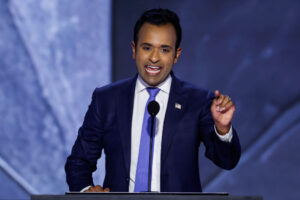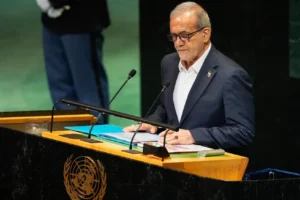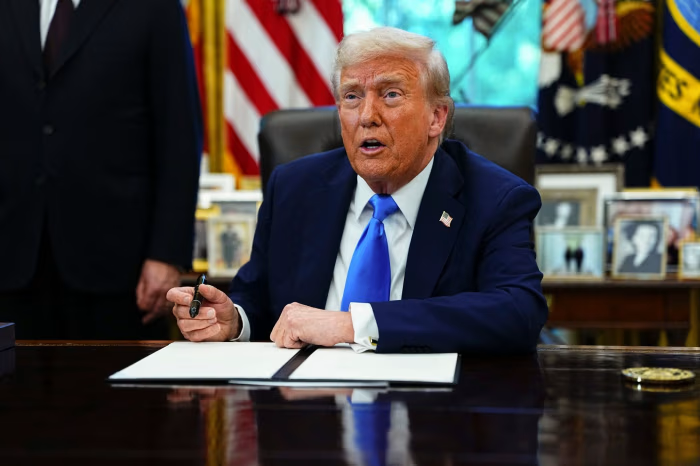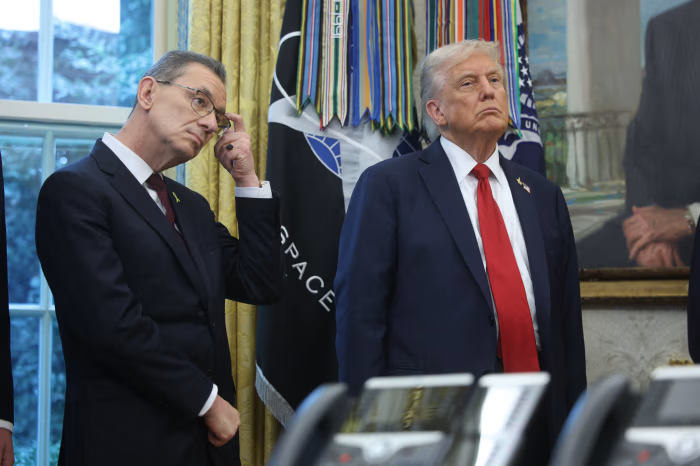President Donald Trump’s recent executive order imposing a $100,000 application fee on new H-1B visa applicants has elicited varied reactions from business leaders across the United States. While some view the move as a step toward attracting top-tier talent, others express concerns about its potential impact on innovation and the tech industry’s workforce.
Supportive Voices
Nvidia CEO Jensen Huang expressed optimism about the policy, emphasizing the importance of immigration in maintaining a skilled workforce. He stated, “Immigration is the foundation of the American dream,” highlighting the role of foreign talent in driving innovation. Similarly, OpenAI CEO Sam Altman welcomed the fee, suggesting that aligning financial incentives could streamline the immigration process and attract high-value talent.
Netflix Chairman Reed Hastings also supported the move, arguing that the high fee would eliminate the need for a lottery system by directing visas to top-tier jobs, thereby ensuring that only the most qualified individuals are selected.
Criticisms and Concerns
On the other hand, investor and “Shark Tank” star Kevin O’Leary criticized the policy, warning that it could stifle innovation and discourage talented individuals from coming to the U.S. He suggested that instead of charging immigrants, the U.S. should consider paying them to attract the best minds.
Analysts have also raised concerns about the potential impact on companies that rely heavily on H-1B visa holders. Firms like Amazon, Meta, and Microsoft have urged their employees on H-1B visas to remain in or return to the U.S. promptly, as the new policy could affect their workforce mobility and hiring strategies.
Broader Implications
The implementation of the $100,000 fee is expected to have significant implications for the tech industry, particularly in Silicon Valley, where a substantial portion of the workforce comprises H-1B visa holders. While some companies may absorb the additional cost, others might reconsider their hiring practices or explore alternative visa options to mitigate expenses.
As the policy takes effect, ongoing discussions among business leaders, policymakers, and immigration experts will be crucial in assessing its long-term impact on the U.S. economy and its position as a global leader in technology and innovation.






